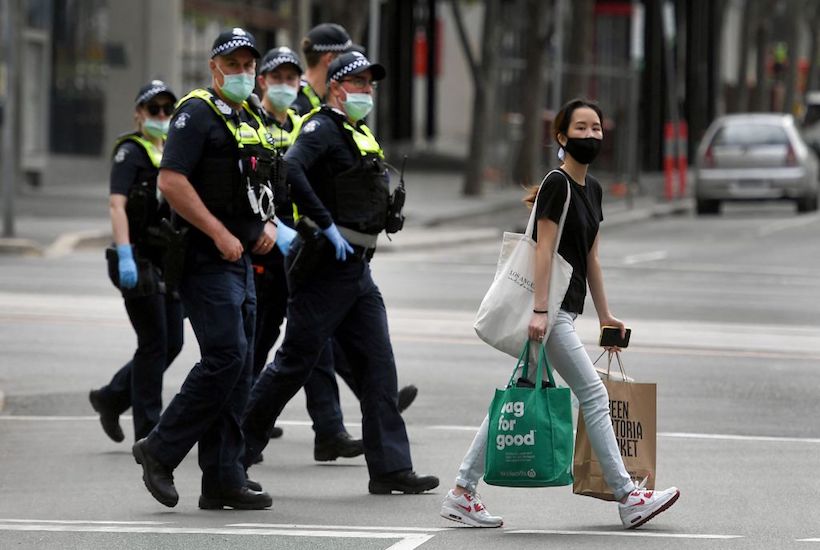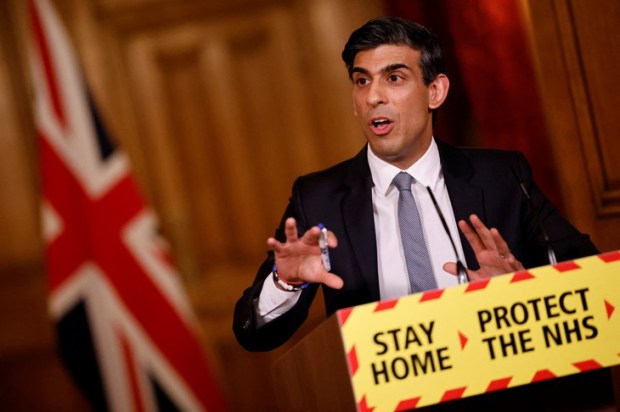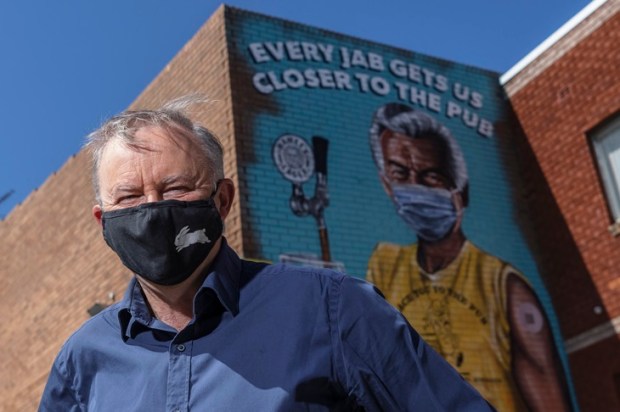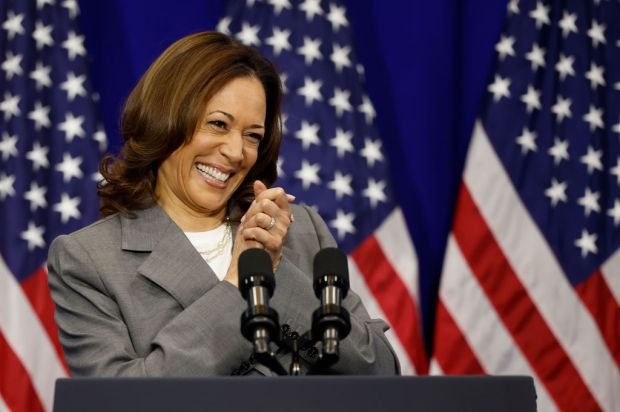As we inch towards learning to live with Covid, it is common to hear it said that the government is granting us more freedom. The mainstream media, particularly television, loves to tell us that if we follow the rules, or ‘do the right thing’ as they like to put it, we will be rewarded with more freedom.
This implies our freedom is given to us by the government.
Already a subscriber? Log in
Subscribe for just $2 a week
Try a month of The Spectator Australia absolutely free and without commitment. Not only that but – if you choose to continue – you’ll pay just $2 a week for your first year.
- Unlimited access to spectator.com.au and app
- The weekly edition on the Spectator Australia app
- Spectator podcasts and newsletters
- Full access to spectator.co.uk
Or


























Comments
Don't miss out
Join the conversation with other Spectator Australia readers. Subscribe to leave a comment.
SUBSCRIBEAlready a subscriber? Log in